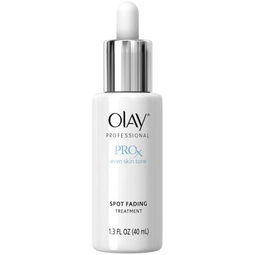Understanding skin tone is an essential aspect of beauty and personal care. It’s not just about the color of your skin, but also about how it interacts with different products and environments. In this detailed guide, we’ll explore the concept of skin tone from various angles, helping you to better understand and care for your skin.
What is Skin Tone?

Skin tone refers to the natural color of your skin, which can range from very light to very dark. It’s determined by the amount of melanin, the pigment that gives your skin its color, and is influenced by genetics, environment, and lifestyle factors.
Types of Skin Tone

There are several types of skin tone, each with its own unique characteristics:
| Light Skin Tone | Medium Skin Tone | Dark Skin Tone |
|---|---|---|
| Typically fair, with a pink or light beige undertone | Can range from olive to tan, with a yellow or olive undertone | Can range from brown to very dark brown, with a reddish or olive undertone |
Understanding Your Skin Tone

Identifying your skin tone is crucial for choosing the right products and treatments. Here are some tips to help you determine your skin tone:
- Examine your skin in natural light, as artificial light can alter the appearance of your skin tone.
- Consider the undertones of your skin, which can be pink, yellow, olive, or neutral.
- Look at the color of your veins on your wrist; blue or purple veins indicate a cooler skin tone, while green or blue-green veins indicate a warmer skin tone.
Caring for Different Skin Tones
Each skin tone requires specific care to maintain its health and beauty:
Light Skin Tone
- Use a broad-spectrum sunscreen with an SPF of at least 30 to protect against UV rays.
- Choose products with brightening ingredients to even out skin tone.
- Avoid products with harsh exfoliants, as they can cause irritation.
Medium Skin Tone
- Use a sunscreen with an SPF of at least 30 to protect against UV rays.
- Choose products that enhance your natural skin tone, such as bronzers or tinted moisturizers.
- Exfoliate regularly to keep your skin smooth and even.
Dark Skin Tone
- Use a sunscreen with an SPF of at least 30 to protect against UV rays.
- Choose products that nourish and hydrate your skin, as it tends to be drier.
- Avoid products with harsh exfoliants, as they can cause irritation.
Products for Different Skin Tones
When shopping for skincare products, it’s important to consider your skin tone:
- Light Skin Tone: Look for products with brightening ingredients, such as vitamin C or niacinamide.
- Medium Skin Tone: Choose products that enhance your natural skin tone, such as bronzers or tinted moisturizers.
- Dark Skin Tone: Look for products that nourish and hydrate your skin, such as moisturizers with shea butter or glycerin.
Conclusion
Understanding your skin tone is the first step in achieving healthy, beautiful skin. By choosing the right products and treatments, you can maintain your skin’s natural beauty and protect it from damage. Remember to always consult with a dermatologist or skincare professional for personalized advice.



